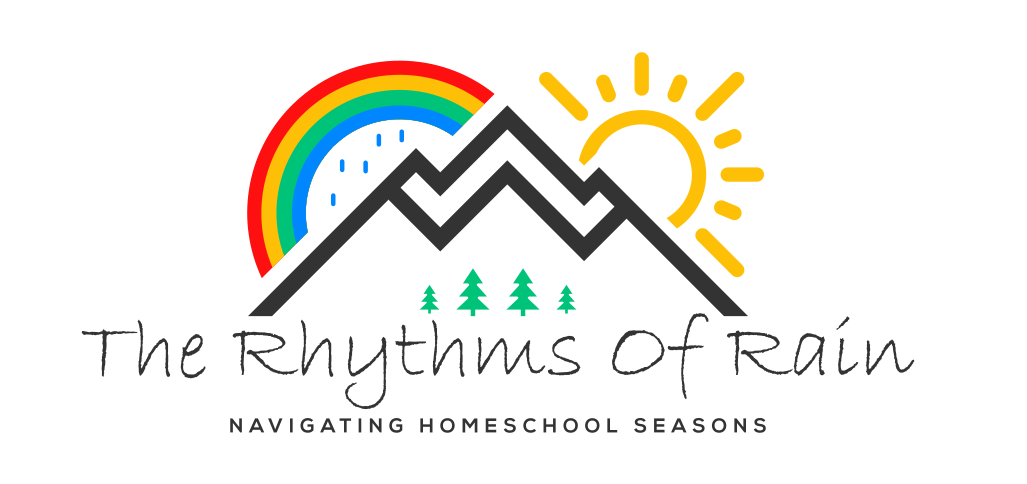
Truly this has been a Passover season like none other. The coronavirus dominates every tidbit of news. Our lives and this holiday look nothing like we thought they would a mere two months ago.
Homeschooling anyway before the schools closed, we have not had to change our routine that much. Still, we find ourselves with much more time on our hands. All our extracurricular activities have, of course, been shut down.
I can’t say I’ve been using that gift of time to the best extent that I could be. However, I have tried to extend our morning Bible lessons to go more in depth, especially this past week.

Studying Holy Week
Each morning we have traced Jesus’ steps during Holy Week, honing in on the amazing details of Passover. Doing a separate literature unit with my older son, I’m now approaching the beauty of the Passover story from the standpoint as God as the Master Author. He weaves together a cohesive history as only He can. In particular we considered the literary aspect of foreshadowing as it relates to the Passover/Resurrection story.
Every good literature student learns to recognize the art of an author dropping subtle hints, verbal or situational, throughout a text. These hints point to the ultimate direction the story will take. God’s Passover foreshadowing is beyond comprehension.
The First Passover
Today Christians commemorate Passover as Good Friday and remember Jesus’ crucifixion. That’s far from where the Jewish Passover feast first started, though. Jesus rode into Jerusalem on what we now refer to as Palm Sunday in order to take part in the annual Passover feast at the temple in Jerusalem.
The origins of Passover began with the Exodus, more than one thousand years earlier than Jesus’ time. The Israelites were about to be delivered from four hundred years of slavery at the hands of the Egyptians. God had already executed the first nine plagues on the land of Egypt, with the most horrendous plague yet to come that night: the death of the firstborn son in each household.
God commanded the Israelites to sprinkle the blood of a sacrificed lamb on their doorpost. Upon seeing the blood of the lamb, the angel sent to enact the judgment of God on the Egyptians would “pass over” their home and spare them the plague.
That very night the Israelite nation not only made their hasty exit from Egypt, they did not leave empty handed. They plundered the devastated Egyptians, taking their gold and other valuables. They left their life of slavery and bondage, ultimately headed for The Promised Land.
God later commanded the Israelite nation to commemorate their deliverance from Egypt each year on its anniversary so that they would not forget God’s goodness and miraculous hand toward them. For way over one thousand years, the Israelites commemorated the Passover.
Foreshadowing the Ultimate Passover
Without realizing it, they were not only looking BACK on their magnificent departure from Egypt, they were looking TO the crucifixion of their future Savior. Only God knew. Only He had planned the timing of the Exodus to correspond to the exact day He would send His Son to be crucified over a millennium later. Jesus became THE Passover Lamb whose blood would allow us to “pass over” from our sin into the Promised Land of eternal life.
I love taking the time (and grateful for the time these days!) to help my kids explore the Bible. We study it not only for its truth, but for its wide-ranging literary value. No one can out-write God!
Have a blessed (and healthy) Passover and Resurrection Sunday, from our family to yours.

